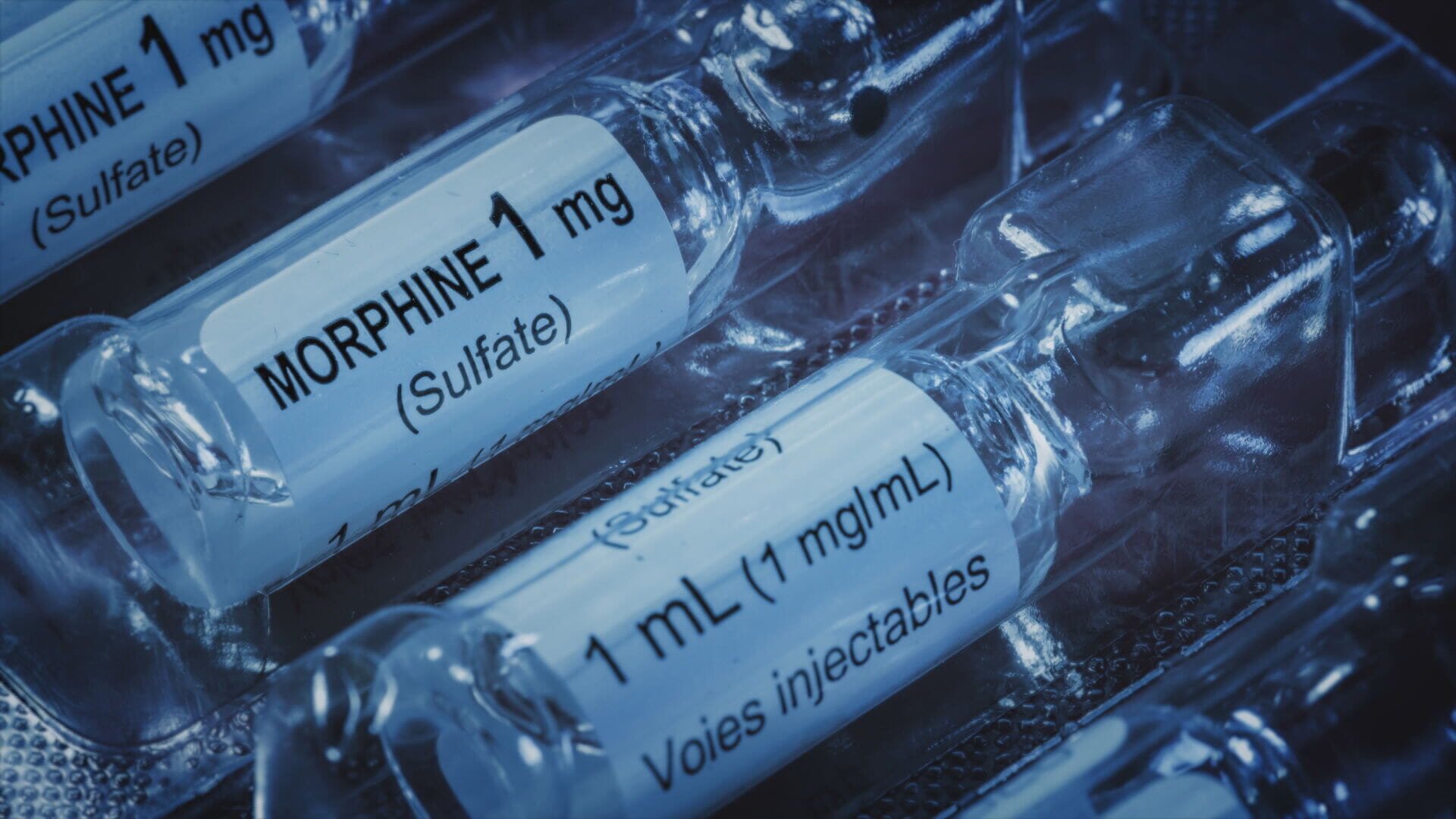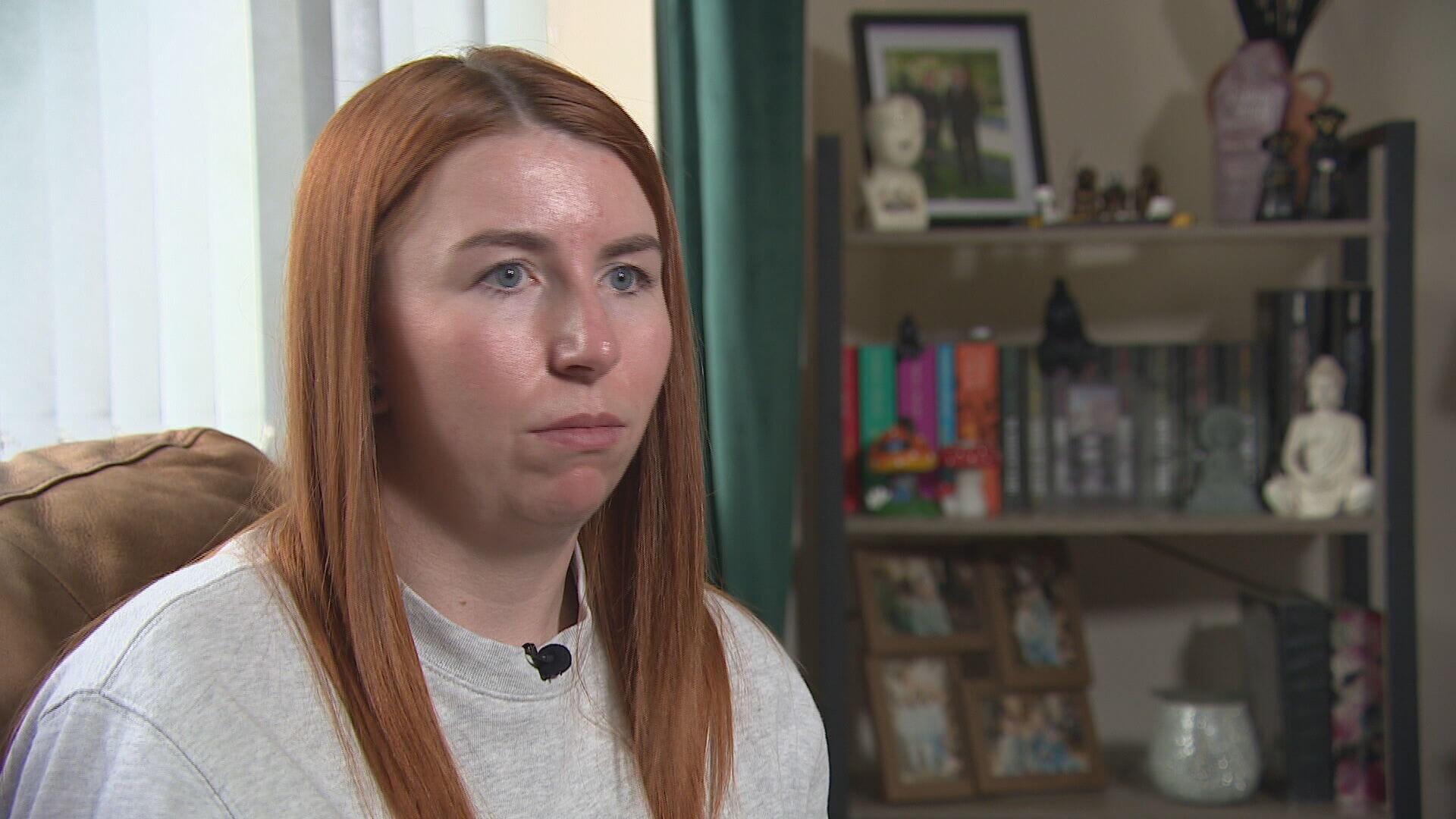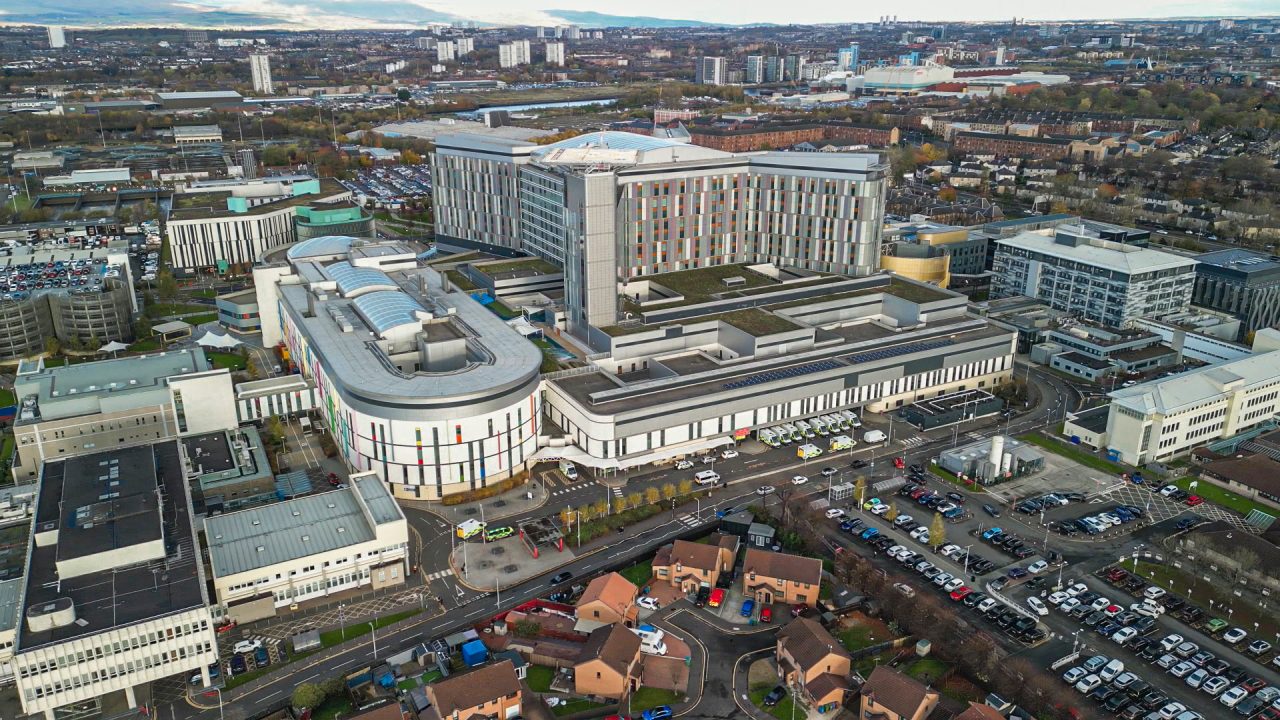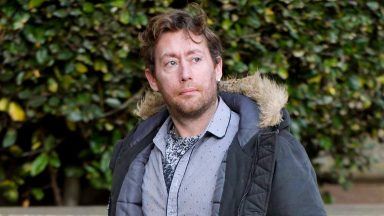Key Points
-
 Review finds catalogue of failures led to morphine underdoses at Scotland’s largest children’s cardiac ward
Review finds catalogue of failures led to morphine underdoses at Scotland’s largest children’s cardiac ward -
 Seven children were given a tenth of the pain relief they should have during open heart surgery at the Royal Hospital for Children in Glasgow
Seven children were given a tenth of the pain relief they should have during open heart surgery at the Royal Hospital for Children in Glasgow -
 NHS Greater Glasgow and Clyde found that overworked and fatigued staff at the hospital missed vital checks
NHS Greater Glasgow and Clyde found that overworked and fatigued staff at the hospital missed vital checks -
 The children were administered 1mg/ml of morphine – when they should’ve received 10mg/ml
The children were administered 1mg/ml of morphine – when they should’ve received 10mg/ml -
 The underdoses affected seven operations over six days within a single theatre between June 13 and 24 last year
The underdoses affected seven operations over six days within a single theatre between June 13 and 24 last year
A catalogue of failures led to morphine underdoses at Scotland’s largest children’s cardiac ward.
NHS Greater Glasgow and Clyde (NHSGGC) found in a review that overworked and fatigued staff at the Royal Hospital for Children in Glasgow missed vital checks.
It comes just months after STV News revealed that seven children were given a tenth of the pain relief they should have been after undergoing open-heart surgery last summer.
The children were administered 1mg/ml of morphine – when they should’ve received 10mg/ml – raising questions from their families about the hospital’s protocols and checks.
The underdoses affected seven operations over six days within a single theatre between June 13 and 24 last year.
 STV News
STV NewsThe errors were not discovered until nearly a month later, on July 6.
A Significant Adverse Event Review (SAER) by NHSGGC has now found that checks were missed and that staff were overworked and overtired during shifts.
The report, seen by STV News, also found the hospital’s medication stocking software was not user-friendly, causing the wrong concentration of morphine to be logged.
Checks missed and ‘assumptions’ made
Initially, the error occurred when the wrong vials of morphine were delivered to the pharmacy. Instead of 10mg/ml, the delivery contained vials of morphine at a 1mg/ml concentration.
The report revealed that this was not an isolated event, and the same delivery had also been made to some of the hospital’s satellite sites within Adult Services.
This was identified early, and the incorrect vials were not used.
But on the paediatric cardiac ward, the vials were delivered to operating theatres and used on seven children between June 13 and June 24, 2024.
The report found that staff in the ward’s theatre 8 “assumed” the delivery matched the ordered strength of morphine.
It stated: “Despite the controlled drugs cupboard being checked twice a day, the incorrect morphine vials were used on patients without being noticed by many members of staff, who assumed the dose and strength were correct due to the historical and single use of 10mg/ml.”
NHSGGC’s guidance requires “independent two person checks” before controlled drugs are administered “at all times with children under the age of 16”.
But the inquiry discovered another failure: fatigued medical staff made “assumptions” that the medication was correct and missed those crucial checks.
Other issues included a new logging system that was unfamiliar to staff.
Another was the lighting and layout of the controlled drugs room at the hospital’s pharmacy, which staff said made it difficult to carry out their checks.
‘Raises more questions than it answers’
STV News spoke to three of the families affected by the incident and the reaction was unanimous – they’re disappointed and feel like the review raises more questions than it answers.
Ellie McAdam, mum to three-year-old Theo, said she felt the report was a “half-hearted acknowledgement of not following policy, but it falls short of real accountability”.
 STV News
STV NewsShe added: “Instead of a sincere admission, it’s filled with justifications and excuses that undermine the seriousness of the issue.
“Theo is doing well at the moment, but the knowledge that we will be back for more surgery and we do not trust the professionals to carry out their role properly causes a lot of anxiety.”
Two-year-old Kai Campbell’s mum Shelby shared those sentiments, adding that she was “shocked” as the report “was just full of so many excuses”.
Coral Gilchrist, whose daughter Charlotte is believed to be the youngest patient to be affected at just 11 weeks old, told STV News: “There are so many errors that could have easily been prevented if the correct procedures were followed.
“Only time will tell if they will make a difference. The right training and awareness can be given to everyone, but unless it is put into practice, it will make no difference.”
‘Ensuring lessons are learned’
NHS Greater Glasgow and Clyde apologised and said families have been invited to meet with members of the review team to discuss their concerns.
“We know the care these patients received fell below the standard expected and we are sorry,” a spokesperson for the health board said.
“Both human and systems factors played a role in this incident, and we are committed to ensuring that lessons are learned from this extensive review, which was carried out with the involvement of pharmacy, nursing, and medical staff, as well as an individual panel member providing expert opinion.”
NHSGGC said it began implementing the report’s five recommendations as soon as the error was identified.
“It includes recommendations around staff training, the physical environment and stock management system, which are designed to ensure any incident of this nature is prevented from happening again,” the board said.
Follow STV News on WhatsApp
Scan the QR code on your mobile device for all the latest news from around the country



























